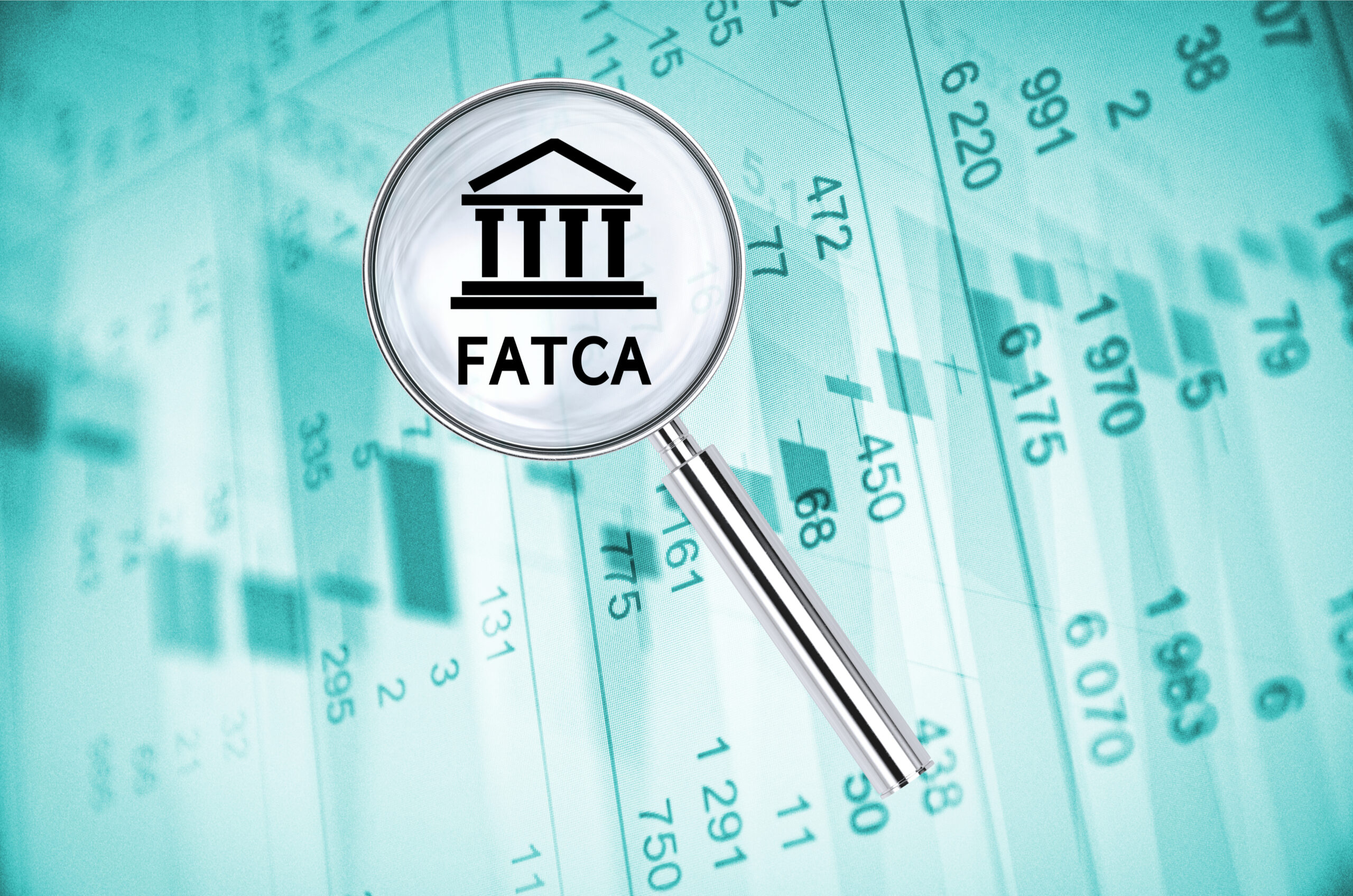Under the concept of “Reciprocal FATCA” financial institutions and brokers ought to start preparing to assume greater and expanded reporting responsibilities. As FATCA Stakeholders, financial institutions, and brokers, such as U.S. digital asset exchanges, need to get ready to share information on an automatic basis with the US Tax partner jurisdictions.
The U.S. does not exercise “Reciprocal FATCA”
IRS Commissioner Charles Rettig provided an update to members of the US Senate Committee on April7, 2022, and stated that: “Our efforts are working; we’re trending in the right direction.” Rettig said. Of particular interest to FATCA Stakeholders, Rettig communicated his support for the Bill S. 725 ( “Stop Tax Haven Abuse Act”) which contains a “reciprocal FATCA” provision in section 202. Rettig stated that “the United States should make good on its promise to other nations now providing taxpayer information under the Foreign Account Tax Compliance Act, P.L. 111-147, to send them similar information in exchange”.
The U.S. has not delivered on foreign tax reporting
The US has reciprocal agreements that are called Intergovernmental Agreements (also known as IGA 1) with 110 nations. These nations are the US FATCA partners. Under the IGA 1, Foreign Financial Institutions are providing the US Treasury with “more” information than what the US is providing its FATCA partners. Here is a simplified summary of what is exchanged:
| FATCA PARTNER TO US | US TO FATCA PARTNER |
| Name, address, US TIN of US Person | Name, address, TIN of person that is resident of FATCA partner |
| Name, address, US TIN of US Controlling Person | NO |
| Account number | Account number |
| Name and ID # of Financial Institution | Name and ID # of Financial Institution |
| ACCOUNT BALANCE OR VALUE | NO |
| Custodial Account interest, dividends and other income (FDAP) | NO |
| Custodial Account gross proceeds from sale/redemptions of assets that produce FDAP | NO |
| Interest paid on depository accounts | Interest paid on depository accounts |
| N/A | US source dividends paid or credited |
| N/A | US source income paid or credited |
The President’s FY 2023 Budget addresses the need for a Reciprocal FATCA approach
Charles Rettig’s written testimony before the Senate Finance Committee on the Filing Season and IRS Budget (4/7/22) signals how important the information obtained by the IRS is through its broad network of relationships and how it leads to successful IRS enforcement efforts against offshore tax evasion. He also noted that: “The ability to exchange information reciprocally is particularly important in connection with the implementation of the Foreign Account Tax Compliance Act (FATCA). Currently, however, the U.S. provides less information to foreign governments than we receive from them. The proposal would expand reporting by financial institutions and digital asset brokers in a number of ways – for example, by requiring financial institutions to report the account balance for all financial accounts maintained at a U.S. office and held by foreign persons. These new reporting requirements would enable the IRS to provide equivalent levels of information to cooperative foreign governments in appropriate circumstances to support their efforts to address tax evasion by their residents. The proposal would be effective for returns to be filed after December 31, 2023”.
The Proposal
The Reciprocal FATCA Proposal is detailed in the General Explanations of the Administration’s Fiscal Year 2023 Revenue Proposals highlighted as follows:
- require certain financial institutions to report the account balance (including, in the case of a cash value insurance contract or annuity contract, the cash value or surrender value) for all financial accounts held by foreign persons maintained at a U.S. office.
- expand the current reporting required with respect to U.S. source income paid to accounts held by foreign persons to include similar non-U.S. source payments.
- require financial institutions to report the gross proceeds from the sale or redemption of property held in, or with respect to, a financial account held by a foreign person.
- require financial institutions to report information regarding certain passive entities and their substantial foreign owners. For example, a financial institution maintaining an account for a passive entity that is a trust would be required to obtain and report to the IRS information on the owner(s) of the trust.
When reporting with respect to digital assets held by passive entities, the proposal would require “brokers, such as U.S. digital asset exchanges, to report information relating to the substantial foreign owners of the passive entities. The proposal, if adopted, and combined with existing law, would require a broker to report gross proceeds and such other information as the Secretary may require with respect to sales of digital assets with respect to customers, and in the case of certain passive entities, their substantial foreign owners. This would allow the United States to share such information on an automatic basis with appropriate partner jurisdictions, in order to reciprocally receive information on U.S. taxpayers that directly or through passive entities engage in digital asset transactions outside the United States pursuant to an international automatic exchange of information framework”.
©


